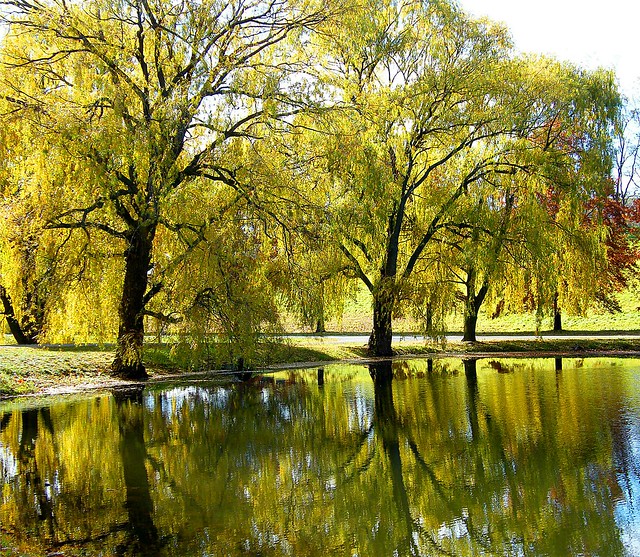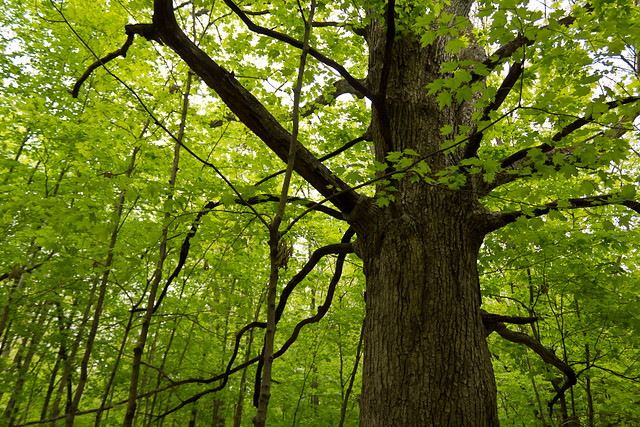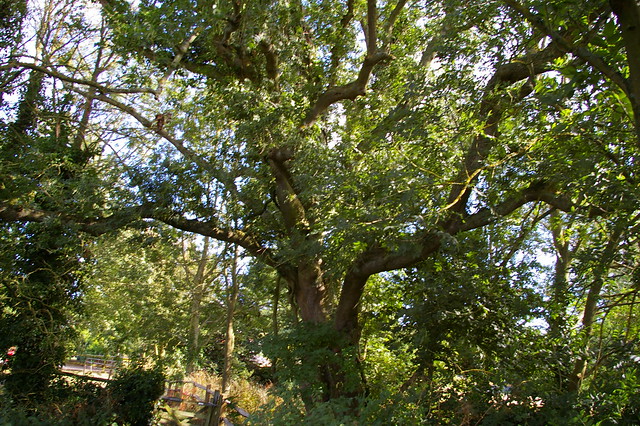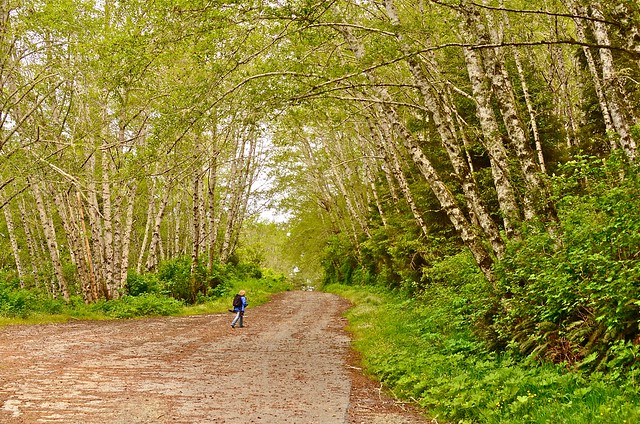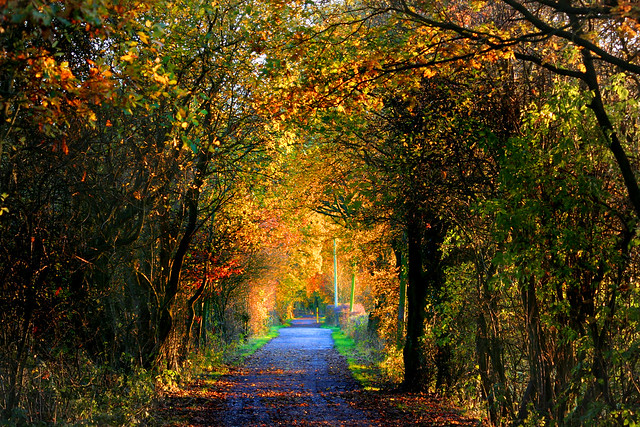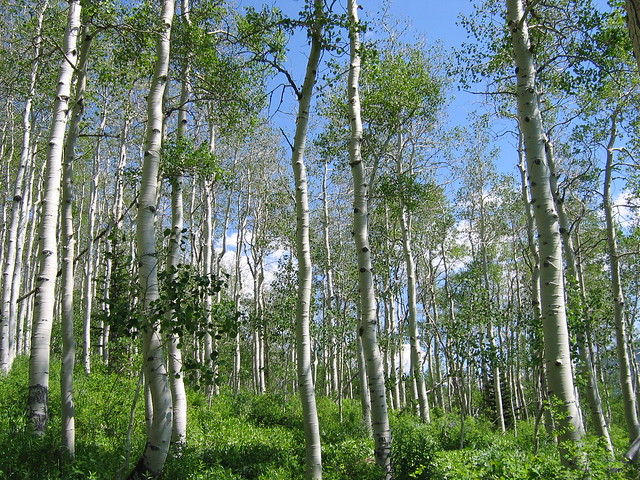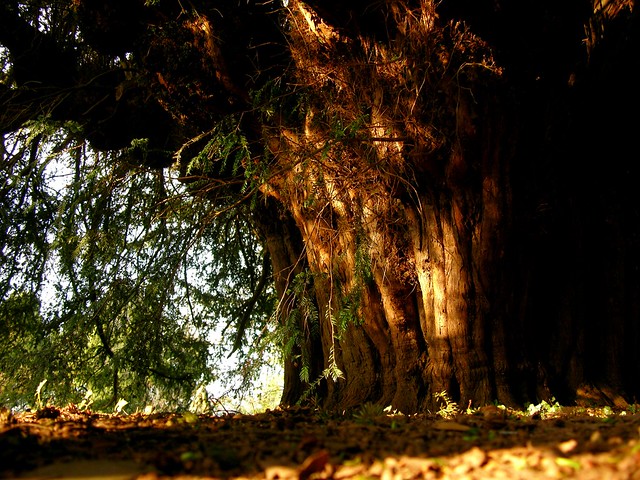Words for strength and related things in Celtic languages.

Words marked with a * are reconstructions.
| Proto-Celtic | *brīgos = strength *brīga = power, worth |
|---|---|
| Gaulish | *brīgos = strength |
| Old Irish (Goídelc) | bríg [bʲrʲiːɣ / bʲrʲiːɣʲ] = force, power, value, virtue, strength, vigour, vitality brígach = powerful, mighty, strong brígmar = powerful |
| Middle Irish (Gaoidhealg) | bríg, brigh = power, strength, force, authority, vigour, virtue, might, value, worth, advantage, meaning brígach = powerful, mighty, forceful brígda = strong, vigorous brígmar = powerful, strong, vigorous, lively, efficacious brígrad = power, force |
| Irish (Gaeilge) | brí [brʲiː] = strength, vigour; force, significance; influence, merit bríoch = strong, vigorous, efficacious bríochmar = strong, viorous bríochtach = strong, vigorous person |
| Scottish Gaelic (Gàidhlig) | brìgh [brʲiː] = essence, gist, matter, pith, purport, substance; meaning, sense, significance; point (of an argument); energy, force brìghealachd [brʲiː.əLəxg] = substance, juiciness, pithiness, significance (in mathematics) brìgheil [brʲiː.al] = meaningful, significant brìoghmhor [brʲiː(v)ər] = meaningful, energetic, substantial, pithy |
| Manx (Gaelg) | bree = power, energy, stamina, vigour, virtue, initiative, validity, animation, inwardness, glow, exhalation, drift, essence, gist, effect breeagh = inspiring, vigorous breeoil = dynamic, energetic, essential, impulsive, valid, vibrant, vigorous, active, powerful |
| Proto-Brythonic | *briɣ = honour, dignity (?) |
| Middle Welsh (Kymraec) | bri = honour, dignity, reputation, fame |
| Welsh (Cymraeg) | bri [briː] = honour, dignity, reputation, fame, prestige, esteem, power, authority, importance, value, popularity briaeth = honour, dignity briol = honourable, reverent, dignified |
| Middle Cornish (Cernewec) | bry = account, value, worth, price |
| Cornish (Kernewek) | bri = distinction, esteem, importance, relevance, reputation, value, prominence fowt bri = insignificance heb bri = irelevant |
| Old Breton (Brethonoc) | bri = importance, weight, authority |
| Middle Breton (Brezonec) | bry = respect, consideration |
| Breton (Brezhoneg) | bri [briː] = dignity, honour, respect, consideration brient = privilege, prerogative brientek [bri.ˈɛn.tek] = privileged brientin = = privileged, aristocrat |
Etymology: possibly the Proto-Indo-European *bʰrḗǵʰ-o-s, from *bʰerǵʰ- (to rise, ascend, to be elevated, up high). Words from the same roots, via Gaulish, include brio (vigour, vivacity) in English, briu (energy, push, courage) in Catalan, brio (vivacity, liveliness) in Italian, brío (vigour, mettle, zeal) in Spanish, and brio (brilliance, panache) in French [Source].
Words from the same PIE roots include barrow, burrow, bury, effort, force and fort in English, and brenin (king), bwrw (to hit, strike, cast) in Welsh [Source].
| Proto-Celtic | *nertom = strength, power |
|---|---|
| Celtiberian | Nerto- = strength (?) |
| Gaulish | Nerto- = strength (?) |
| Old Irish (Goídelc) | nert [n͈ʲer͈t] = power, strength nertaid [ˈn͈ʲer͈tɨðʲ] = to strengthen |
| Middle Irish (Gaoidhealg) | nert, nnert, nirt = strength, might, power, ability, significance nertaid = to strengthen, confirm, exhort, urge nertaigid = to strengthen, confirm, encourage, grow strong, side with support |
| Irish (Gaeilge) | neart [nʲaɾˠt̪ˠ / n̠ʲæɾˠt̪ˠ] = strength, force, power, ability, plenty neartaigh = to strengthen neartaitheach = strengthening, reinforcing neartaitheoir = strengthener, abettor neartmhaire = vigorousness, strength neartmhar = strong, vigorous, powerful neartú = strengthening, reinforcement, support |
| Scottish Gaelic (Gàidhlig) | neart [̪nʲɛRʃd] = might, strength, force, energy, power, (alcoholic) proof, majority, most neartachadh [n̪ʲɛRʃdəxəɣ] = strengthening, building up, making strong neartaich strengthen, build up, make strong neartaiche = strengthener, emphasiser neartail = mighty, powerful, emphatic, forcible neartmhor = mighty, powerful, emphatic, forcible neartmhorachd = robustness, vigour |
| Manx (Gaelg) | niart = strength, power, force niartaght = strength niartal = cogent, forcible, mighty, potent, powerful, strong niarteyder = strengthener |
| Proto-Brythonic | *nerθ [nɛrθ] = strenght, force, power |
| Old Welsh (Kembraec) | nerthi = to strengthen, reinforce, fortify |
| Middle Welsh (Kymraec) | nerth, nyrth = force, strength, power, might nerthawc, nerthawg, nerthog = strong, mighty, powerful nerthawl, nerthol = strong, mighty, powerful nerthu = to strengthen, reinforce, fortify nerthyd, nerthwr = fortifier, supporter, helper |
| Welsh (Cymraeg) | nerth [nɛrθ] = force, strength, power, might, energy, vigour, hardness nerthedig = strong, strengthened nerthog = strong, mighty, powerful, potent nerthol = strong, mighty, powerful, potent nerthu = to strengthen, reinforce, fortify, aid, help, exhort, urge nerthwr, nerthydd = fortifier, supporter, helper |
| Middle Cornish (Cernewec) | nerth = might, power, strength, force |
| Cornish (Kernewek) | nerth [nɛrθ] = energy, force, might, power, strength nertha = to strengthen nerthek = energetic, powerful, robust |
| Old Breton (Brethonoc) | nerth = force, energy |
| Middle Breton (Brezonec) | nerz, nerh = force, energy nerzus, nerhus = vigorous, robust, energetic |
| Breton (Brezhoneg) | nerzh [nɛrs] = force, energy nerzhan nerzhañ [ˈnɛrzan / ˈnɛrzã] = to strengthen, reinforce nerzhder = vigueur nerzhek = drastic nerzhekaat = to give energy nerzhelour = dynamic nerzhus = vigorous nerzhusaat = to strengthen oneself |
Etymology: possibly the Proto-Indo-European *h₂ner-to- (virile, strong), from *h₂nḗr- (man, vital, energy). Words from the same roots include njer (man, human, person) in Albanian, άντρας [ˈandras] (man, husband) in Greek, noras (wish, desire, will, intention) in Lithuanian, nêr (lord, chief) in Welsh, and the name Nero [Source].
| Old Irish (Goídelc) | láitir = strong, powerful |
|---|---|
| Middle Irish (Gaoidhealg) | láitir, laitir [ˈl͈aːdʲərʲ] = strong, powerful |
| Irish (Gaeilge) | láidir [ˈl̪ˠɑːdʲəɾʲ / ˈl̪ˠaːdʲəɾʲ] = strong, powerful, durable, tough, solid, forcible, loud láidreacht = strength láidrigh = to strengthen |
| Scottish Gaelic (Gàidhlig) | làidir [l̪aːdʲɪrʲ] = strong, potent, emphatic, robust, substantial làidireachd = strength làidireach = strong, potent, emphatic làidrich = make strong, strengthen |
| Manx (Gaelg) | lajer = strong, potent, vigorous, hard, heavy, powerful, stark lajeragh = to strengthen, strengthening lajerid = potency, powerfulness, strength, vigour lajerys = cogency, force, might, prowess, strength |
Etymology: unknown [Source].
| Irish (Gaeilge) | cadrán = hardness, stubborness, obstinacy cadránta = hard, unfeeling, stubborn, obstinate cadrántacht = hardness, stubborness, obstinacy |
|---|---|
| Proto-Brythonic | *kadarn = strong, powerful, mighty (?) |
| Middle Welsh (Kymraec) | cadarn, kadarn, katarnn = strong, powerful, mighty cadarnhau, kadarnaha = to strengthen, secure, fortify, safeguard kedernyt, kedernit, cedernyt = strength, power, potency, might |
| Welsh (Cymraeg) | cadarn [ˈka(ː)darn] = strong, powerful, mighty, firm, fast cadarnhad = confirmation cadarnhau = to strengthen, secure, fortify, safeguard cadernid = strength, power, potency, might |
| Middle Cornish (Cernewec) | cadarn = strong, stout, valiant |
Etymology: from Proto-Celtic *katus (battle), from Proto-Indo-European *kéh₃tus (battle), from *keh₃- (to fight). Words from the same roots include Hader (dispute, quarrel) and hadern (to quarrel, bicker, struggle) in German, and words for battle in Celtic languages [Source].
| Proto-Celtic | *kriɸmos = strong (?) |
|---|---|
| Proto-Brythonic | *krɨβ̃ = strong |
| Middle Welsh (Kymraec) | cryf, kryf = strong, powerful, vigorous cryfder = strength, power, might |
| Welsh (Cymraeg) | cryf [krɨːv / kriːv] = strong, powerful, vigorous, intoxicating, tough, rich, fruitful, intense cryfder = strength, power, might cryfhau = to strengthen |
| Old Cornish | crif = strong, mighty, vigorous, hardy |
| Middle Cornish (Cernewec) | cref, crŷf, crif, crev = strong, mighty, vigorous, hardy |
| Cornish (Kernewek) | krev = forceful, powerful, robust, strong, substantial krevder = intensity, strength |
| Middle Breton (Brezonec) | cref, creff = strong, powerful |
| Breton (Brezhoneg) | kreñv [ˈkrẽ(w)] = strong, solid kreñvaat [krẽˈfɑːt] = to strengthen, reinforce kreñvder [ˈkrẽ(w)dɛr] = strength, power, might kreñvlec’h = stronghold, fortress |
Etymology: from Proto-Celtic *kriɸ- (body) from Proto-Indo-European *krep- (body). Words for body in Celtic and other languages come from the same roots [Source].
| Proto-Celtic | *trexsnos = strong *trexsos = stronger |
|---|---|
| Gaulish | Trexius, Trexa, Trenus = personal names |
| Primitive Irish | ᚈᚈᚏᚓᚅᚐᚂᚒᚌᚑᚄ (ttrenalugos), ᚈᚏᚓᚅᚐᚌᚒᚄᚒ (trenagusu) = (?) |
| Old Irish (Goídelc) | trén [tʲrʲeːn] = strong treise = power, strength |
| Middle Irish (Gaoidhealg) | trén = strong, powerful, strong man treise = strength, vigour, power |
| Irish (Gaeilge) | tréan = strong man, warrior, champion, strength, power, intensity, plenty, abundance tréaniarracht = strong, forcible, attempt treise = strength, power, dominance, force, emphasis treisigh = to strengthen, reinforce, fortify treisiúil = strong, forceful, vigorous |
| Scottish Gaelic (Gàidhlig) | trèine [treːnə] = might, power treise [treʃə] = strength, vigour treun [treːn] = champion, hero, brave, strong, sturdy treunar [treːnər] = strong man, champion, hero; very brave, heroic treunas = might, power treuntachd = boldness, courage treuntas = strength, power, magnanimity |
| Manx (Gaelg) | trean = brave, firm, heroic, intensive, mighty, stout, valiant treanid = braveness, exploit, feat heroics, might, strength, valour |
| Proto-Brythonic | *trex = stronger |
| Middle Welsh (Kymraec) | trech = stronger, mightier, greater, superior, better |
| Welsh (Cymraeg) | trech [treːχ] = stronger, mightier, greater, superior, better trechedd = supremacy, dominance trechu = to defeat, overcome, overpower |
| Cornish (Kernewek) | trygh = conquest, victory, superior, triumphant, victorious trygher = victor tryghi = to conquer, vanquish |
| Middle Breton (Brezonec) | trech = victorious, victory trechy, trechiff = to conquer, prevail, overcome |
| Breton (Brezhoneg) | trec’h [briː] = superior, victorious, victory trec’hadeg = triumph trec’hadenn = success trec’hedigezh = defeat trec’her = winner trec’hin, trec’hiñ = to conquer, prevail, overcome trec’hus = victorious |
Etymology: the Proto-Indo-European *(s)treg- (to be stiff, rigid, strong) or *treg- (strength). Words from the same roots include þróttur (strength, vigour, energy) in Icelandic, and idrott (sport, physical education) in Swedish [Source].
Sources: Wiktionary, Am Faclair Beag, Online Manx Dictionary, Teanglann.ie, eDIL – Electronic Dictionary of the Irish Language, In Dúil Bélrai English – Old Irish glossary, Geiriadur Prifysgol Cymru, Gerlyver Kernewek, Dictionaire Favereau, TermOfis, English – ProtoCeltic WordList (PDF), Etymological Dictionary Of Proto Celtic



